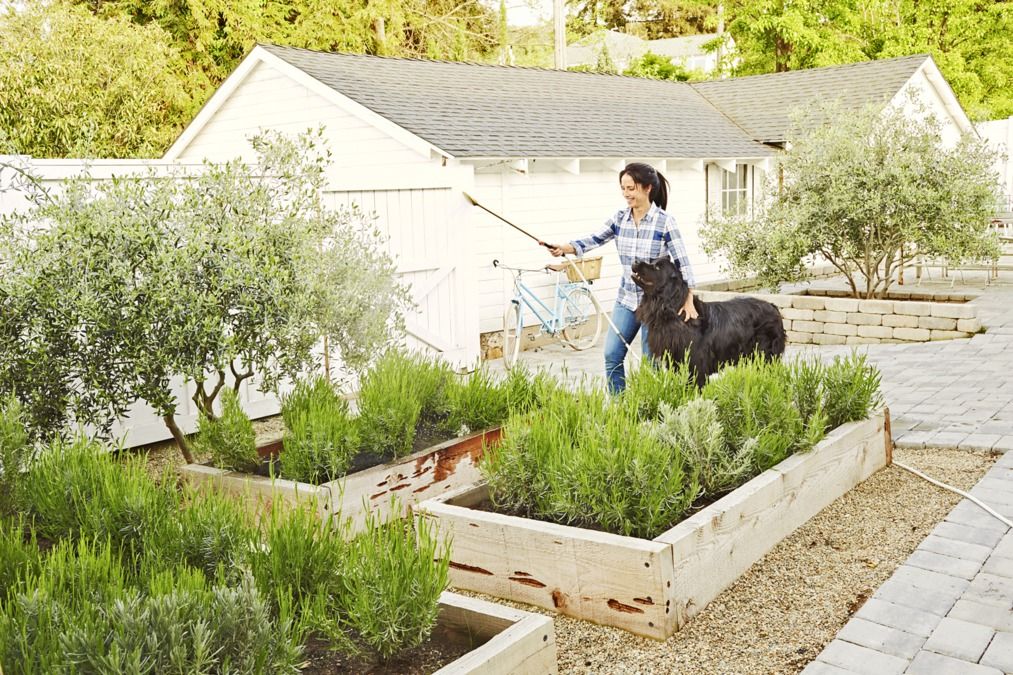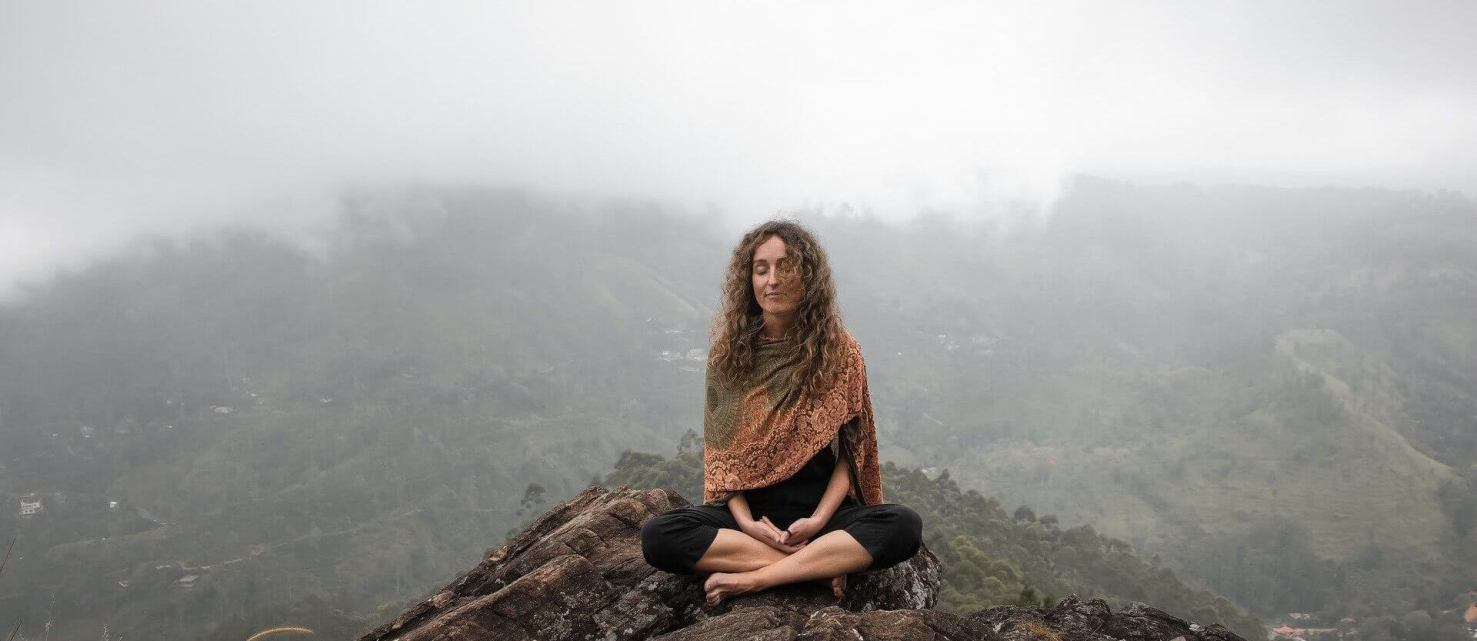
Sunflower houses can be used in the garden or yard to encourage children to go outside. The house can serve as a spot for quiet reading, or even playtime. You can have your child write poetry, draw pictures, or keep a journal. They can also plant a variety of flower seeds.
Sunflower seeds thrive in direct sunlight. You can plant them directly into the ground or in a shallow trench. Once they have germinated, it is important to water them frequently. They will grow quickly. In seven to 12 weeks, the flowers will be ready to flower. As the plants develop, you need to keep the seeds thinned. When they mature, they will have deep roots.
Sunflowers thrive in sunny areas that are well-drained. Plant them at least six inches apart. Plant sunflower seeds in a shallower trench if you have a rocky area. Also, a metal soil mow is an excellent tool to level the area before you start planting.

When you first plant your sunflower seeds, they should be planted at least 1 inch deep. They will take up to 21 days to germinate. Once they are germinated, you need to thin the plants about six inches apart. During the spring months, sunflowers grow faster in warm, sunny weather. To keep them from becoming dry, you should water them often.
Planting a variety other flower seeds around your yard can make your house more exciting. Around your sunflower house, you can plant scarlet runners beans, morning glory, clover, or Cosmos. They will produce beautiful flowers and foliage. They can be trained to create a roof on the sunflower house.
A sunflower house is a fun place for kids to hang out during the summer. You can use it for a clubhouse, quiet reading area or secret play spot. It can also be used for wildlife, birds, and critters. Sunflowers attract finches, butterflies and other birds.
To create a Sunflower House, begin by making an outline. You can either use flour to draw lines on the ground, or spray paint. Alternatively, you can use sticks to mark the outline of your house. To create a doorway, leave at least a two-foot opening on one end of the house. This will make it easy to enter.

You should keep the inside of your house weed-free. This will prevent weeds from growing back. To prevent grass from growing back, it is a good idea mulching the edges. Cosmos can also be planted around the house to create a flowery covering on the wall.
Before you plant sunflower seeds, be sure to clear the area of weeds. It is also important to consider where the sunflower heads will be facing. Sun exposure will help them grow faster and produce bigger flowers.
For floors that are durable, add straw to the soil after it has been planted. Short grass can be used as a "carpet", inside your sunflower house. For easy maintenance, you can also mulch the house's edge.
FAQ
Which outdoor activity works best for families and children?
There are so many options. There are many activities to choose from, including hiking, kayaking and climbing. But when it comes to family fun, nothing beats riding bikes together.
You can bike along a paved path or ride through an open field. You will have fun, laugh, and enjoy the fresh air. Bike riding is great for both adults and kids.
What makes biking such a favorite choice among families, you ask? One reason may be that it allows parents to spend quality time with their kids. This is great for kids who find it difficult to sit still long enough so they can have fun.
It's also very economical to bike. Many places offer discounts for families. You can save money by biking with your family, or you want to give your kids lots of exercise.
Don't forget safety tips! Kids need to know how to dress properly and how to behave in case of emergencies. They should also be taught how not to become injured.
Bicycling may be the best way to get in shape if you are looking for a way to lose weight. You can use your fitness as motivation to keep going.
Plus, the health benefits of cycling are numerous. Biking helps reduce stress levels, improves heart health, boosts moods, decreases body fat, increases bone density, and even strengthens muscles.
So, if you're looking for ways to stay fit and active with your family, consider biking. It's a wonderful way to spend quality family time.
Why is family gardening important
Family gardeners love to grow food for their family.
Children learn responsibility from their family gardens. This helps them develop patience, cooperation time management and problem solving skills. The environment can also be improved by gardening, which helps parents to feel confident and self-confident.
Gardens also help adults feel more connected to nature, which may lead to lower stress levels and improved health. Our brains produce "happy hormones," which are chemicals that make us feel happier and healthier when we spend time outside.
Family gardening is good for your mental and physical well-being. Gardens help to conserve natural resources, preserve the environment, reduce stormwater runoff, filter pollutants, and create habitats for wildlife.
What are five outdoor activities great for families?
You can spend your time outdoors in many different ways, whether you are an outdoorsman or city dweller. From hiking to camping to fishing, there are many options for family bonding and exploring nature.
Here are our top picks in outdoor activities for kids of all ages.
-
Hiking - Take a hike on trails or visit a state forest near you. You should bring water and snacks with you on the trip. If you want to see wildlife while on foot, bring binoculars. For those who plan to stay over, you should bring tents and sleeping bags.
-
Camping - Camping allows you to experience nature from the comfort of your own home. Choose a campsite close to shops and restaurants so you can pack light. For nighttime adventures, bring blankets, pillows and flashlights.
-
Fishing – Fishing is an enjoyable activity for both children and adults. Kids love catching fish and learning how to bait the hook. Adults also love sitting back and watching their children catch dinner. Pick a lake, stream, or pond where you can fish for bass, trout or catfish.
-
Kayaking allows you to see nature in a new way. You can kayak on rivers or lakes instead of using boats. Keep an eye out for birds, turtles, and even whales during your excursion.
-
Bird watching is a popular hobby in America. It's easy to see why: it requires little equipment and provides hours of entertainment. You can visit your local bird sanctuary, national park, or other wildlife refuge. Enjoy looking for hawks, eagles or other feathered friends.
Should my child go barefoot when running around?
Yes! Running barefoot can strengthen bones and muscles, improve posture, and promote good hygiene. It helps prevent cuts, bruises, blisters, scrapes, or other injuries.
You may also want to consider shoes for children with sensitive skin. Also, if your child's feet are dirty or sweaty, you may want to wash them first.
While your children play outside, it's best to always be there to supervise them. When doing so, ensure you provide adequate supervision by watching your child from a distance.
Also, make sure that your child does not eat or drink any plants when she is playing in the lawn. Keep your child out of areas with high grass to prevent her from doing this.
What activities are possible for parents and their children?
Parents might be tempted to think that there aren't many things they can do for their kids today. There are many things to do with kids today.
It's also possible for parents to teach their kids important lessons, while having fun. If you play catch together, you can explain to your child how throwing a baseball is an important skill that helps with coordination.
If he's interested in learning how to ride his bicycle, you can show him how to balance without any training wheels.
There are many ways to help your child build skills and make memories. You don't have to know everything, so don't worry about not knowing what to do. Let's just get started and see where it leads.
Is it okay to let my child climb trees.
Trees can be very strong. But climbing trees presents risks if your child isn't able to assess his or her physical capabilities.
To climb a tree higher you must use both hands and your legs. To keep balance, your child will need to be able both to use his/her arms and legs.
Your child will need to be able jump between branches easily. This will require strength and agility.
Do not force your child to climb a tree if she isn’t ready.
By using a ladder or sitting on the lower branches of a tree, you can still enjoy climbing it together. You can also read books together by sitting on a branch.
How can kids help in gardening?
Children can help with garden work in two ways.
They can help you learn how to garden as well as give you tips and advice.
Your children can help you garden by offering ideas for plants, trees, vegetables and other useful information.
You might even ask them to help plant seeds when you find out which grows best in your area.
It is important to remember that children love plants and can learn quickly. If you allow them to help, they will enjoy helping you grow food and making your yard beautiful.
Statistics
- According to The Outdoor Foundation's most recent report, over half of Americans (153.6 million people) participated in outdoor recreation at least once in 2019, totaling 10.9 billion outings. (wilderness.org)
- Remember, he's about 90% hormones right now. (medium.com)
- The U.S. outdoor recreation economy supports about 5.2 million jobs, generates nearly $788 billion in consumer spending, and accounts for 2.1 percent of GDP. (wilderness.org)
- A 2020 National Recreation and Park Association survey found that about 82 percent of people in the U.S. consider parks and recreation “essential.” (wilderness.org)
- A 2019 study found that kids who spend less time in green spaces are more likely to develop psychiatric issues, such as anxiety and mood disorders. (verywellfamily.com)
External Links
How To
Is it safe to take my kids camping?
This is an important question because you may not realize how much more dangerous camping is today than it used to be. There are many threats, including poisonous serpents, bears wild animals flash floods hurricanes, flash floodings, tornadoes lightning storms, flash floodings, flash floods.
The problem is that most parents aren't aware of these risks. Many parents assume that going camping is completely safe and enjoyable for their kids. The reality is that campers now face greater risks than ever in recent years.
The number of deaths and injuries among young campers rose by nearly half between 1980 - 2001. That's almost 1000 children who died camping over those years.
Additionally, North America has more venomous organisms than ever before. Additionally, there are more poisonous plants, reptiles, fish, and insects.
There are many ways you could get hurt or killed while camping. According to the National Park Service, there are approximately 200 deaths involving motor vehicles each year in areas near national parks.
The average family spends $1300 per kid on outdoor activities like hiking, boating and fishing. This includes equipment, food and gas as well as lodging and transportation costs.
But remember that when you take your kids camping, you'll probably be spending far more money than you would if you had stayed home. If you plan to spend $1,300 on a weekend trip, you could easily spend twice that amount.
Perhaps you are wondering why your children should go camping. It is better to go camping with your children than stay inside?
Yes, extreme weather conditions are better avoided. These are three reasons your children should be able to experience nature outside:
It will encourage them to think outside the box. What else can you see outdoors? The sky opens up, the stars shine and the wind blows through trees. All of this helps your kids understand what makes the world tick. It encourages your children to dream of flying, exploring space and becoming an astronaut.
It will help improve their health. Camping offers many opportunities to get outside and exercise. This can lead you to a healthier lifestyle later in your life. Kids who participate in sports tend to have lower obesity, diabetes, and heart disease rates. They also tend to eat less junk food and drink fewer sugary beverages.
They will learn responsibility. Your children will learn how to cook, clean up after others, and to respect other people when they camp. These lessons are important no matter the stage of your child's childhood. They're also good skills to have when they become teenagers and adults.